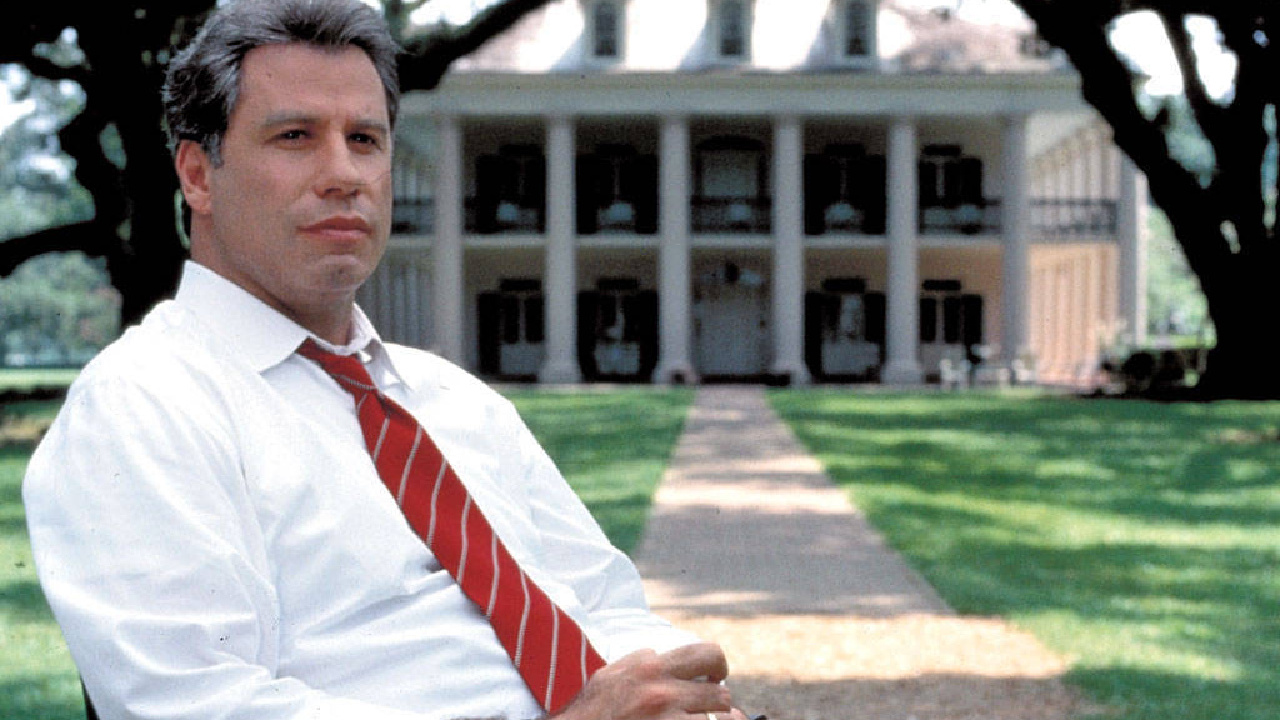
As a history enthusiast who has spent countless hours poring over dusty tomes and scrolling through endless digital archives, I must say that these films, while not always historically accurate, certainly provide a thrilling glimpse into significant events of our past. They serve as a reminder of the resilience and bravery of individuals who dared to challenge powerful forces in pursuit of justice.
Movies have demonstrated that politics serve as a rich source of storytelling. Whether they’re based on real events such as “All The President’s Men,” fictional tales like “The Ides Of March,” or a blend of reality and imagination like “Primary Colors,” political stories touch upon the most human aspects. They reflect our ambitions, our weaknesses, and everything in between, much like these notable political movies do.
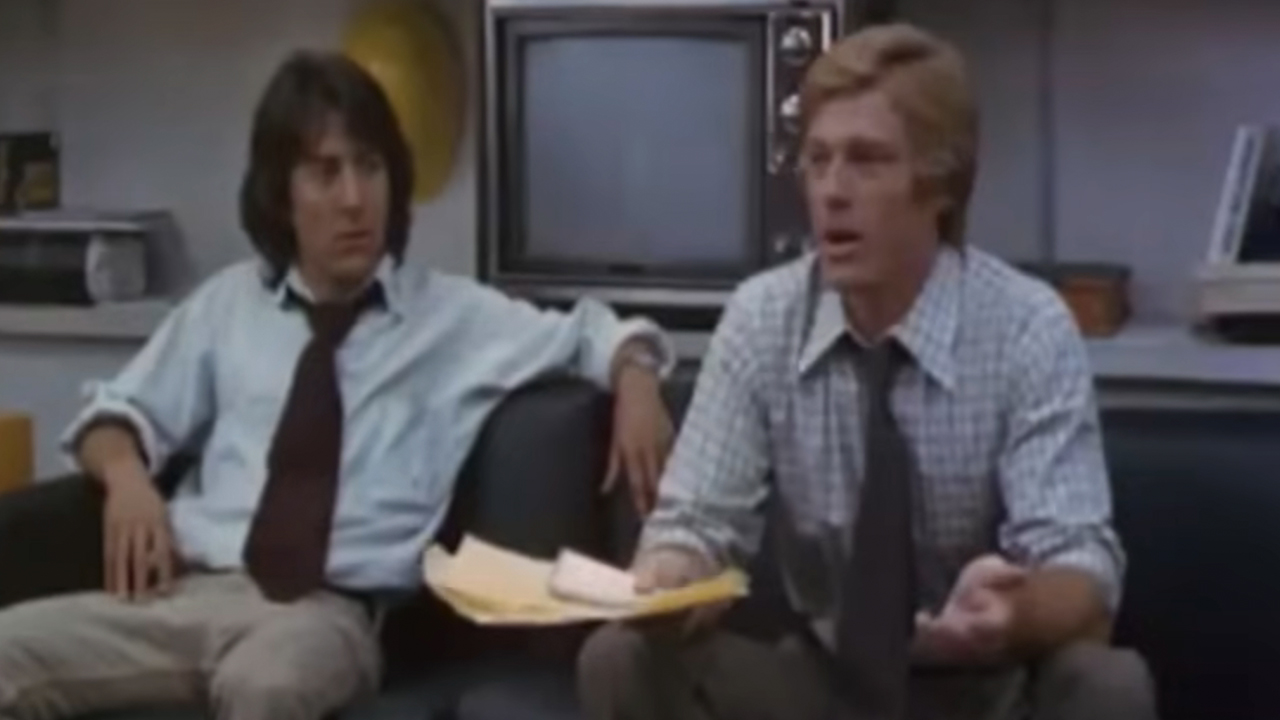
All The President’s Men
Watergate scandal, in conjunction with Bob Woodward and Carl Bernstein’s groundbreaking journalism for The Washington Post, indelibly transformed American politics. Not only did it precipitate Richard Nixon’s resignation, but it drastically altered how journalists cover politicians. The film All the President’s Men, featuring Robert Redford as Woodward and Dustin Hoffman as Bernstein, provides a thrilling portrayal of this investigation. It remains one of the finest films in this genre.
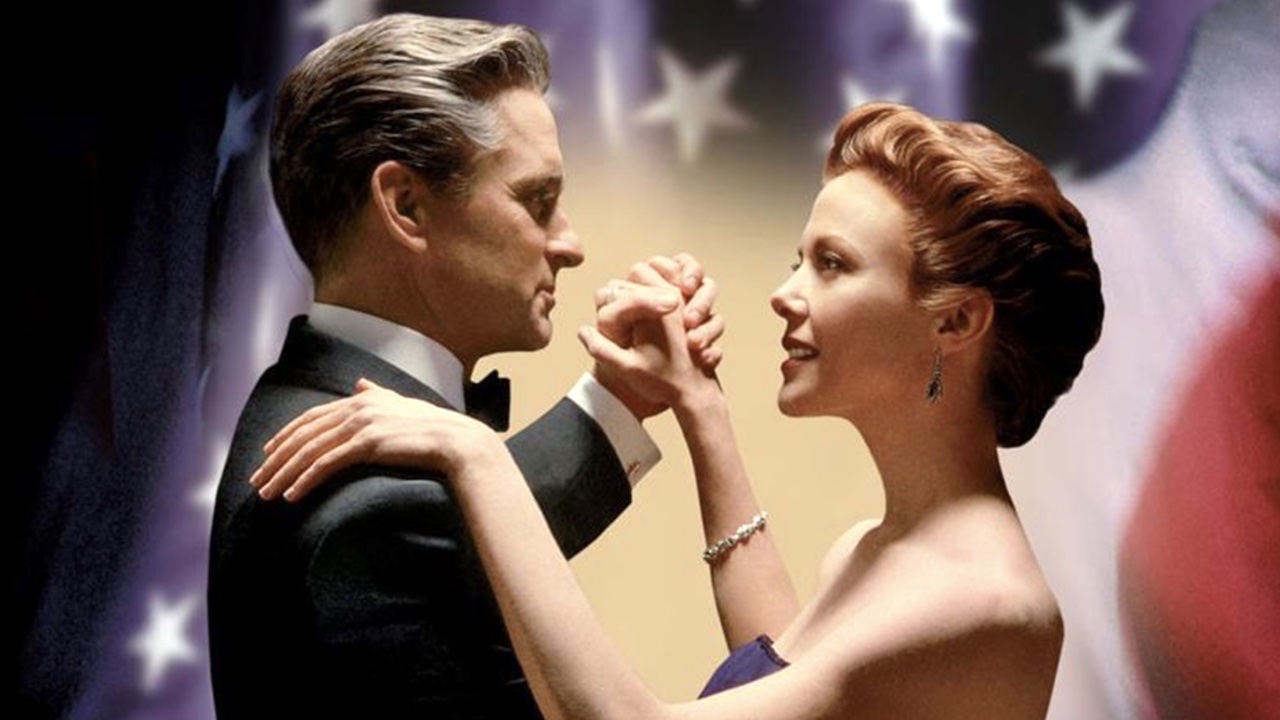
The American President
Among the movies listed, The American President stands out as a delightful treat. Directed by Rob Reiner and penned by Aaron Sorkin, this political romantic comedy sees Annette Bening and Michael Douglas gracefully portray the title characters – the president and his love interest. While their blossoming romance takes center stage, the film doesn’t skimp on the political intrigue, making it a perfect watch for political enthusiasts. And let’s not forget that Sorkin went on to create The West Wing, for which we owe him an endless debt of gratitude!
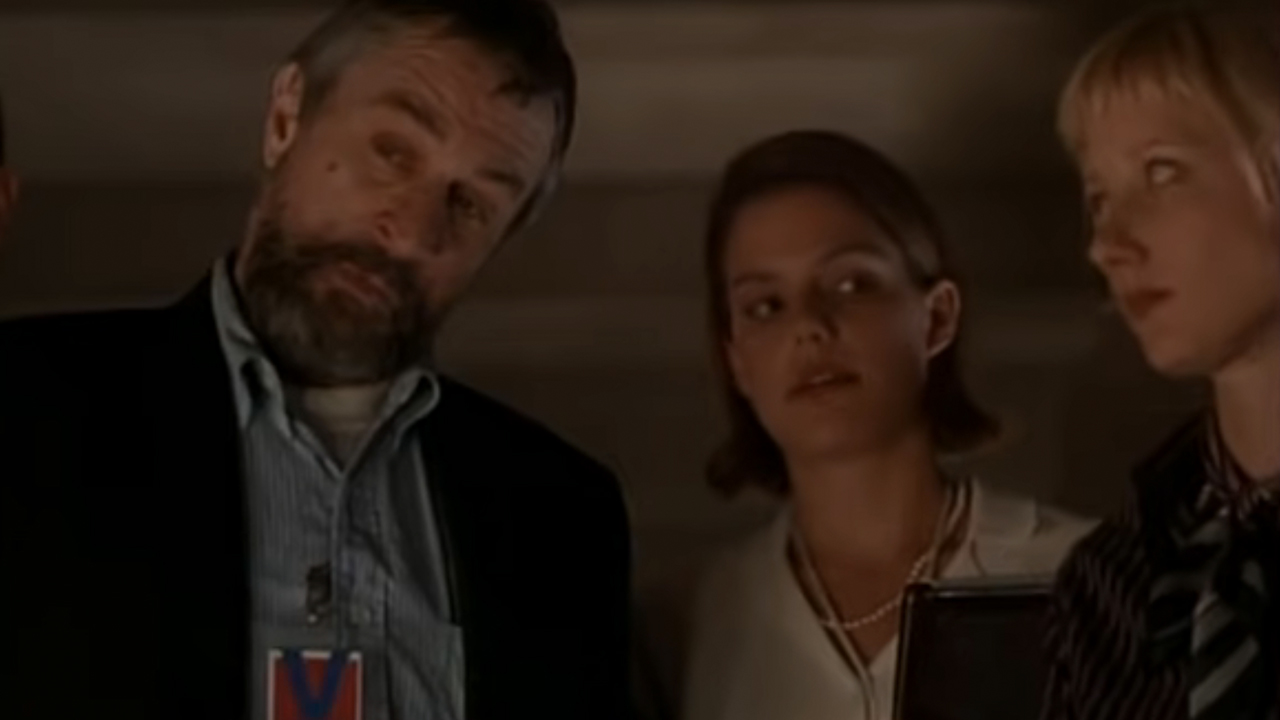
Wag The Dog
Black comedy is a tough thing to pull off well, but Wag the Dog does it brilliantly. The way it makes the creation of a fake war to build support behind a political candidate is disturbing, but Dustin Hoffman and Robert De Niro are so great at it, and so charming, that you can’t help but laugh at the ridiculousness, just as the creative team behind the movie hoped.
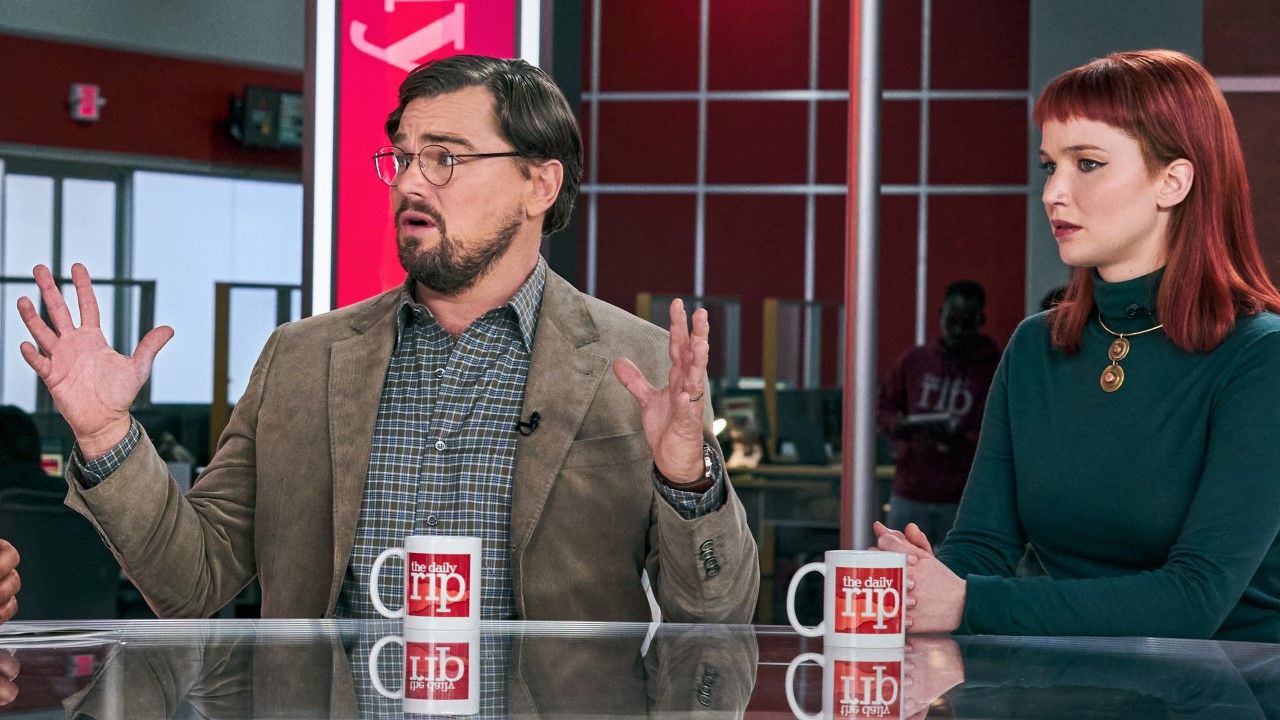
Don’t Look Up
Politics and science frequently find themselves at odds, and this can be attributed to numerous factors. The 2021 film “Don’t Look Up” vividly demonstrates how difficult it is for the general public to pay attention to issues that don’t immediately concern them – even if that issue is a comet hurtling towards Earth with catastrophic consequences. Furthermore, it underscores how some individuals will seize upon the worst crises to exploit them for their own gain. Despite being a comedy, its portrayal of these events is quite disheartening.
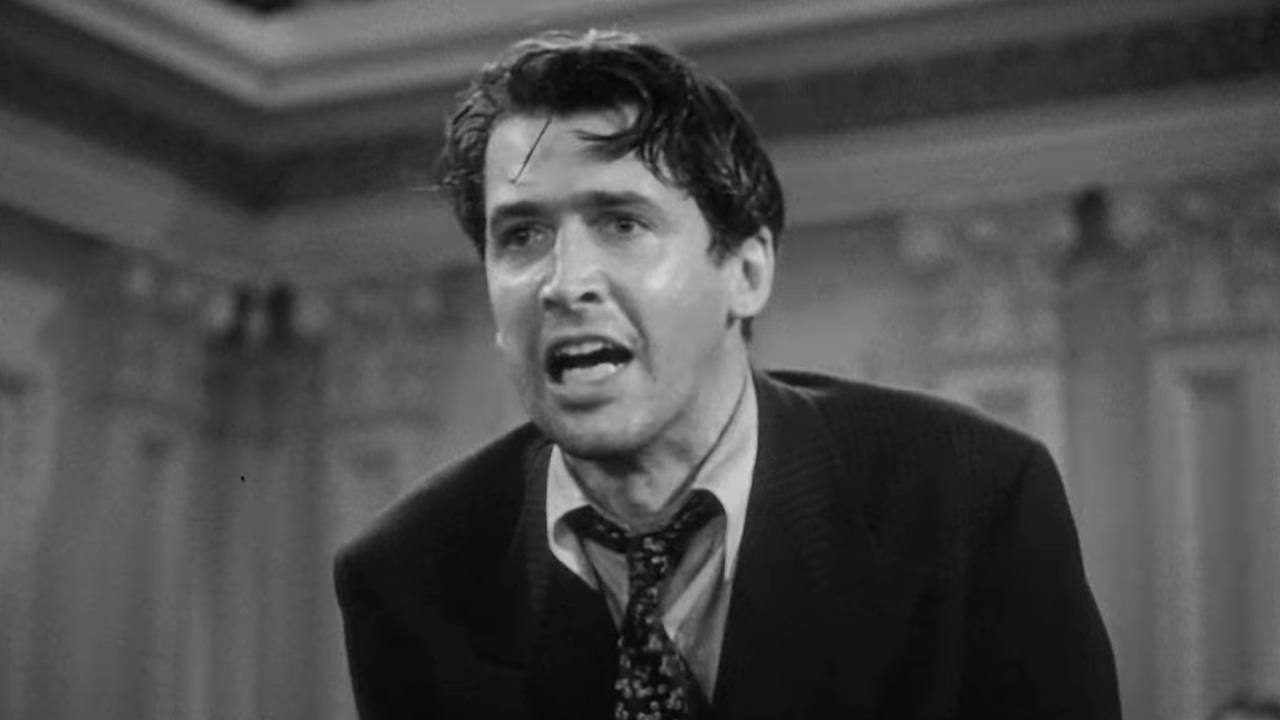
Mr. Smith Goes To Washington
Jimmy Stewart’s portrayal of Jefferson Smith in “Mr. Smith Goes To Washington” embodies the qualities we yearn for in our political leaders, yet seldom encounter. Instead of the manipulated stooge he was meant to be in the Senate, he manages to flip the script on everyone and leaves us swelling with American pride. Our nation could greatly benefit from more individuals like Mr. Smith.
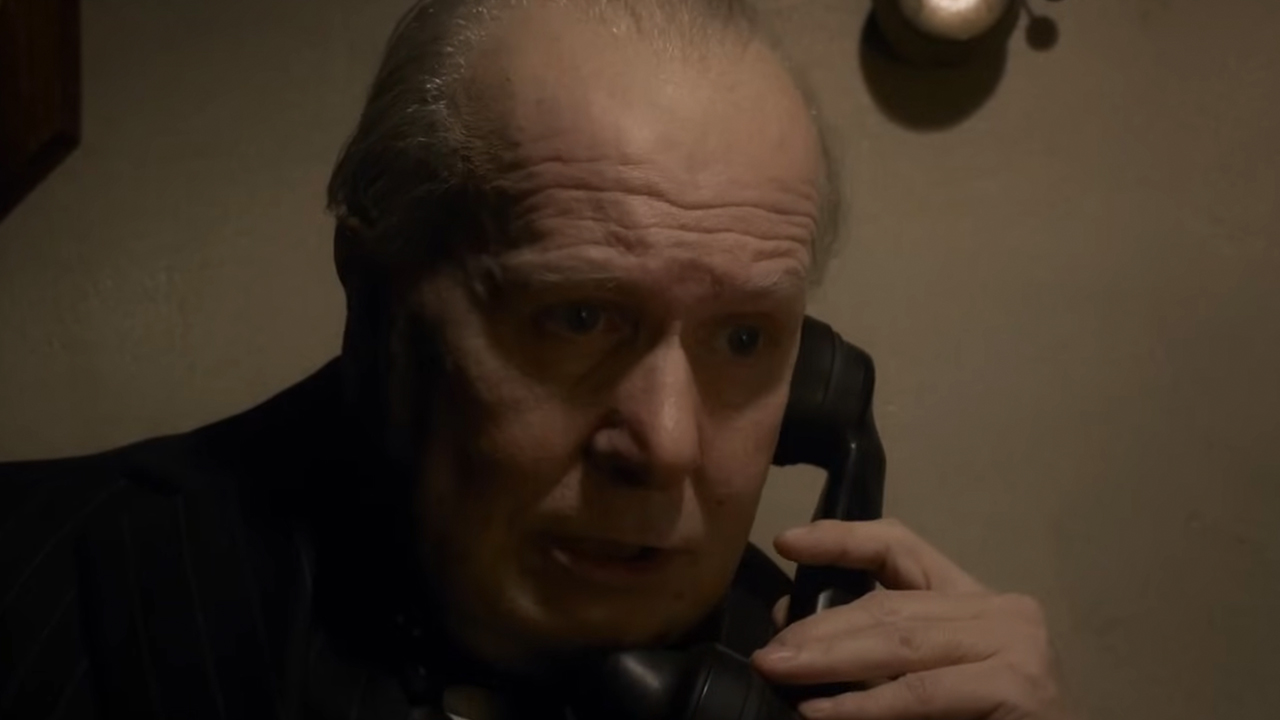
The Darkest Hour
2017 marked the year of exploring narratives about the Dunkirk evacuation during the early stages of World War II. While Christopher Nolan’s “Dunkirk” depicted the real-life evacuation, “The Darkest Hour” portrayed the political maneuvering behind it and the rise of Winston Churchill as a consequence. Although they aren’t identical films, they make an engaging pair when viewed as a double feature.
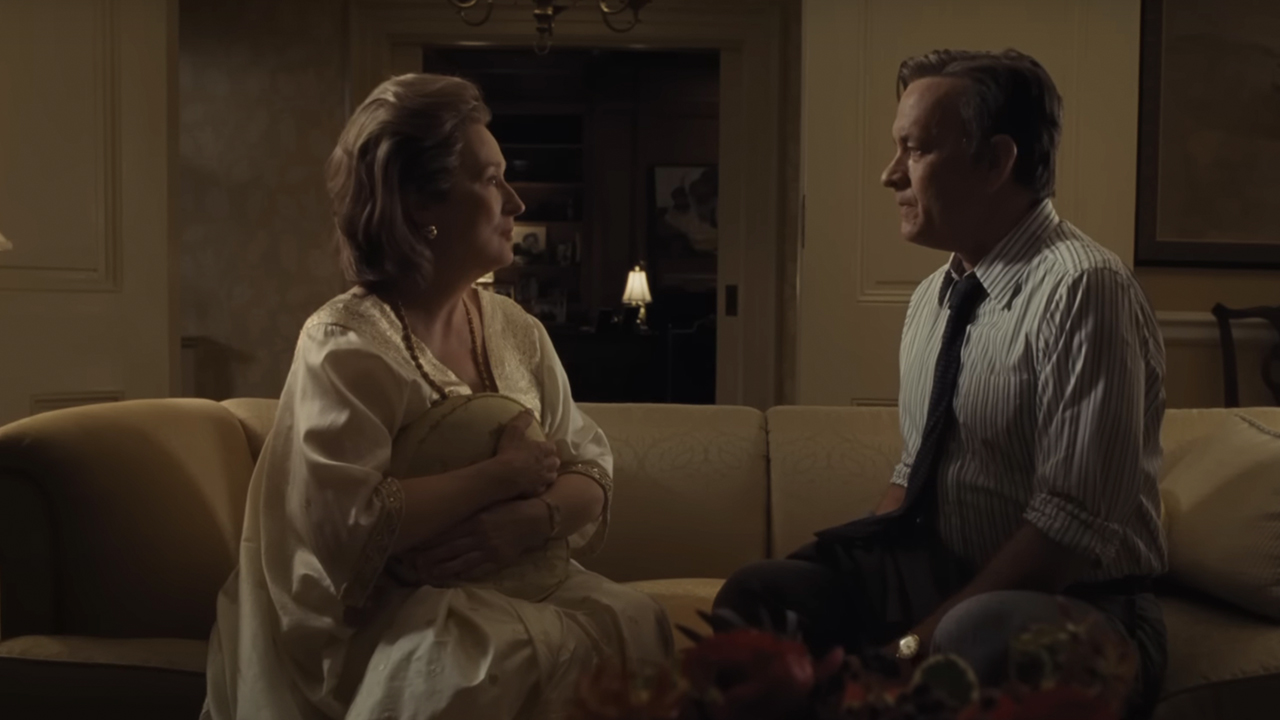
The Post
1971 saw a pivotal juncture in journalism with the release of The Pentagon Papers by The Washington Post and The New York Times. This event was not only a significant milestone for media but also a turning point during the Vietnam War, as it marked the instant when public trust in political leaders plummeted. In the movie “The Post,” the account unfolds from the viewpoint of the journalists and the higher-ups at The Washington Post, boasting stellar portrayals by acting greats Meryl Streep and Tom Hanks.
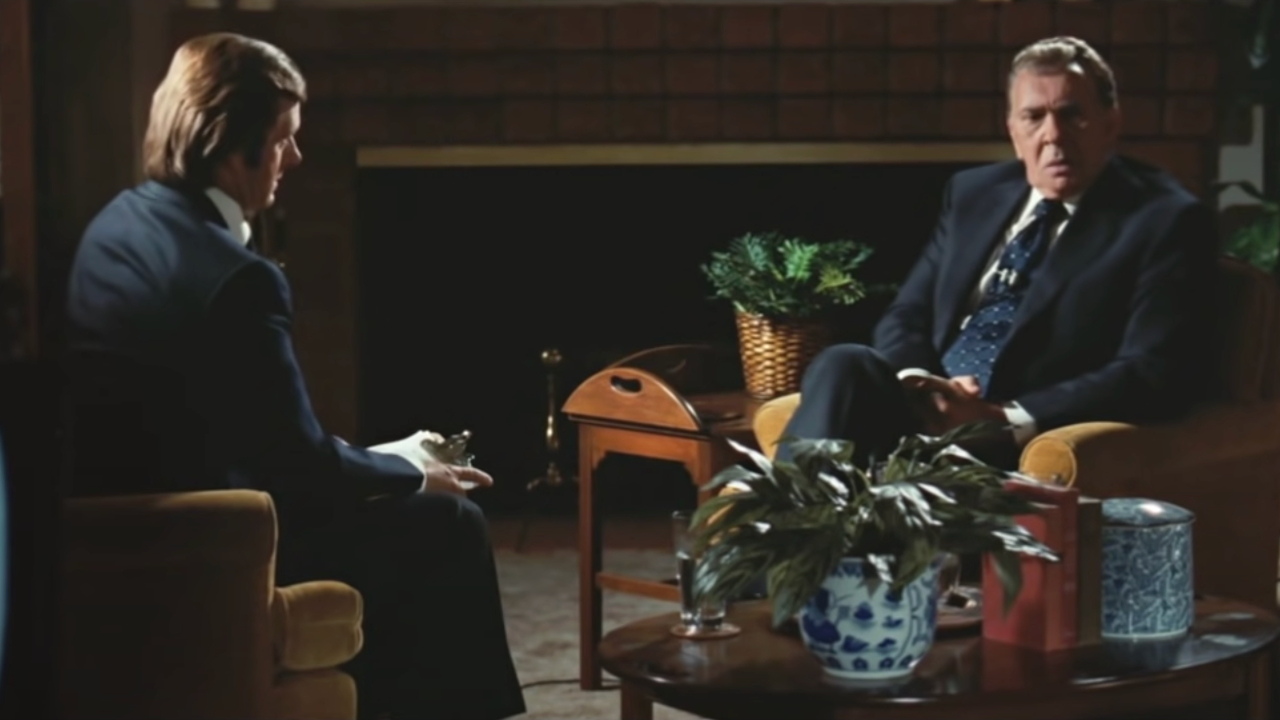
Frost/Nixon
Richard Nixon, one of the most puzzling and intriguing men to have held the presidency, was undeniably intelligent, yet his paranoia and inflated ego left an indelible stain on his legacy. The film Frost/Nixon, derived from a play of the same name, recounts a series of interviews between British journalist David Frost and Nixon that took place several years after the president’s resignation due to Watergate. This captivating movie boasts exceptional writing and stellar performances by Michael Sheen portraying Frost and Frank Langella as Nixon.
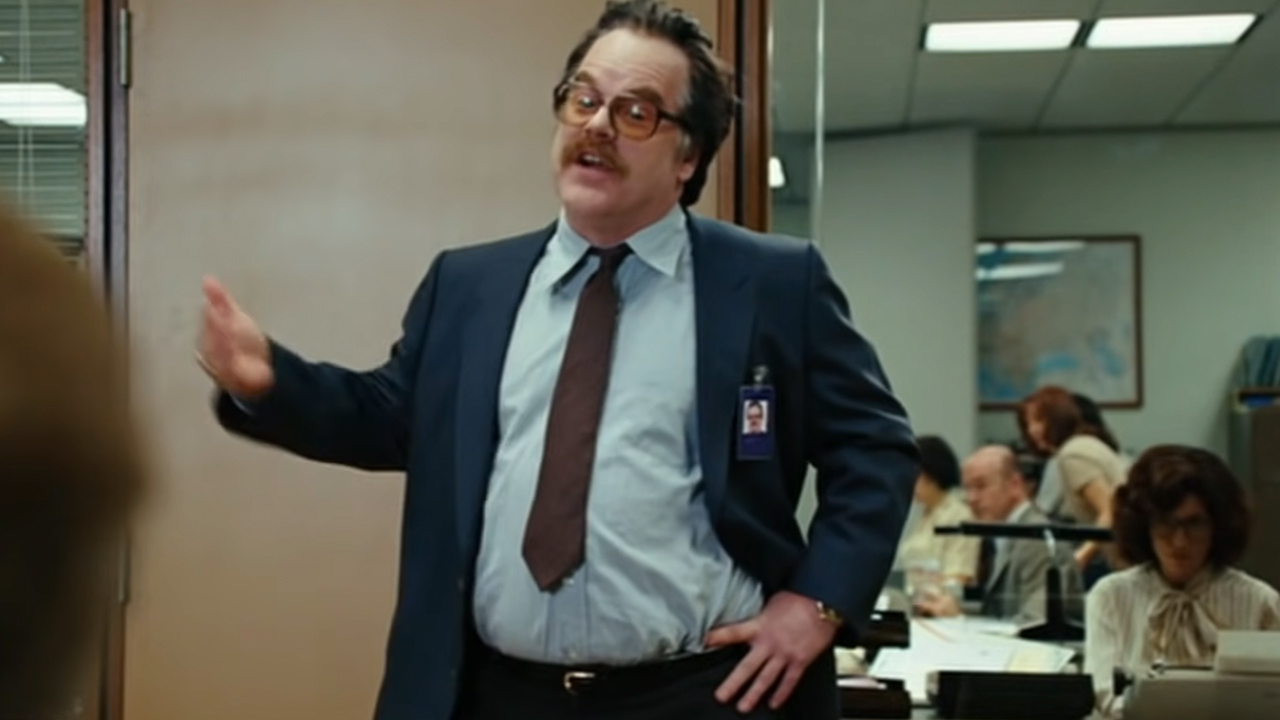
Charlie Wilson’s War
What captivates people about politics as a narrative tool is the unique blend of access to glamorous high society and the secretive realm of espionage it offers. The film Charlie Wilson’s War masterfully combines these elements and showcases outstanding performances by Tom Hanks, Philip Seymour Hoffman, and Julia Roberts.
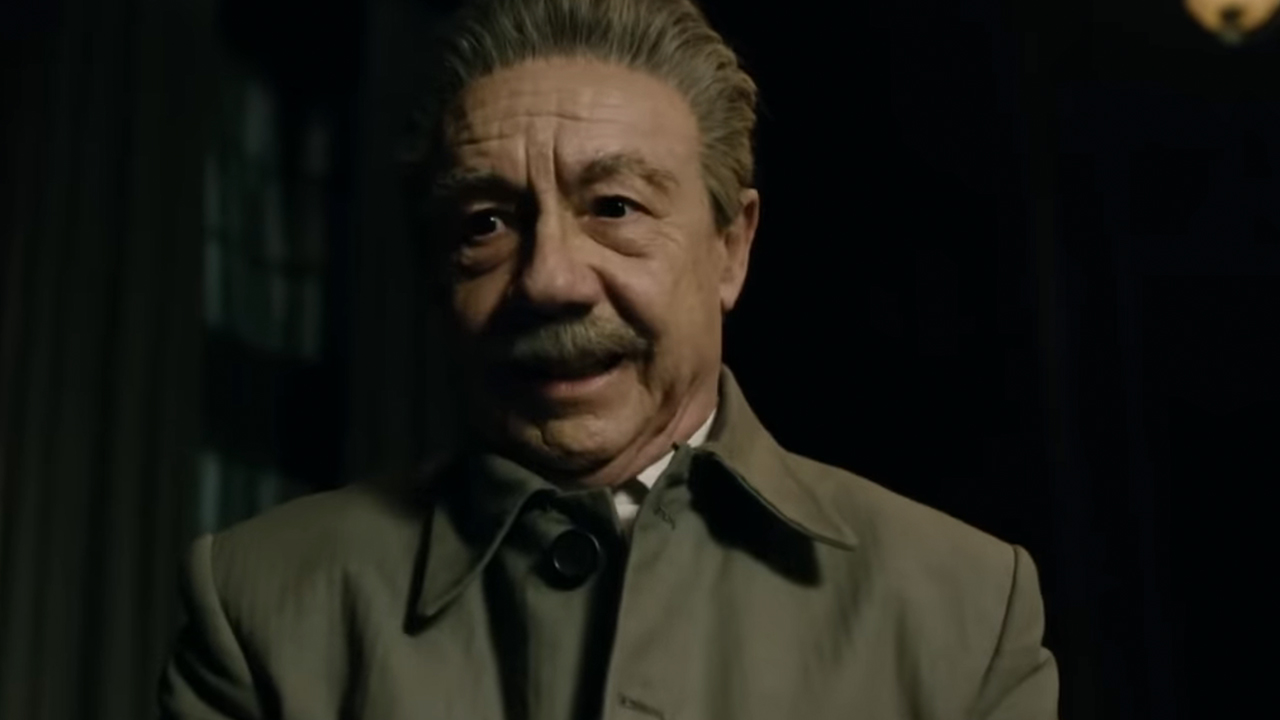
The Death Of Stalin
“The Death of Stalin is an underrated yet brilliant film. You might think a dark comedy about Joseph Stalin’s death and the struggle to succeed him at the pinnacle of the Soviet Union wouldn’t be historically precise, but this movie is not only hilarious, it’s surprisingly accurate too.”
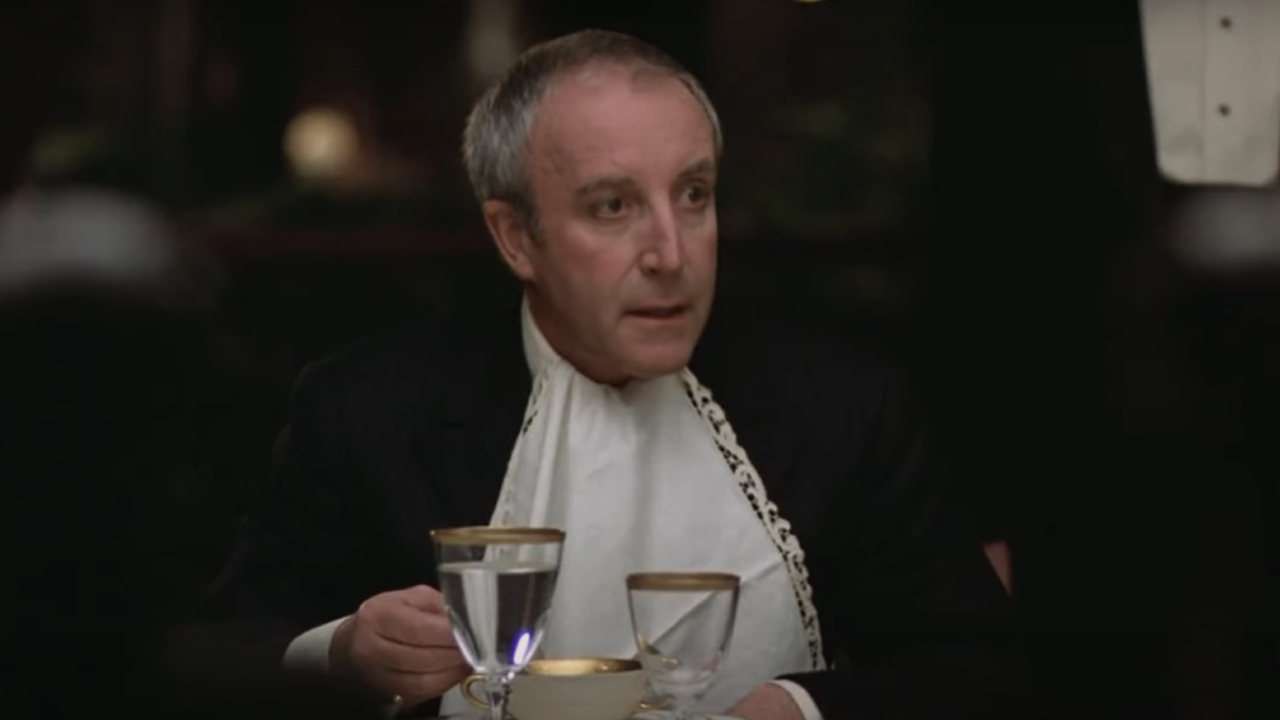
Being There
In 1980, at the young age of 54, the iconic comedian Peter Sellers passed away, leaving us prematurely. Yet, his final performance as Chance the gardener, or Chauncey Gardiner in “Being There,” remains a legendary one. This role was tailor-made for the genius that was Sellers, as he portrayed an unsophisticated country man who unintentionally navigates through high-level Washington D.C. politics.
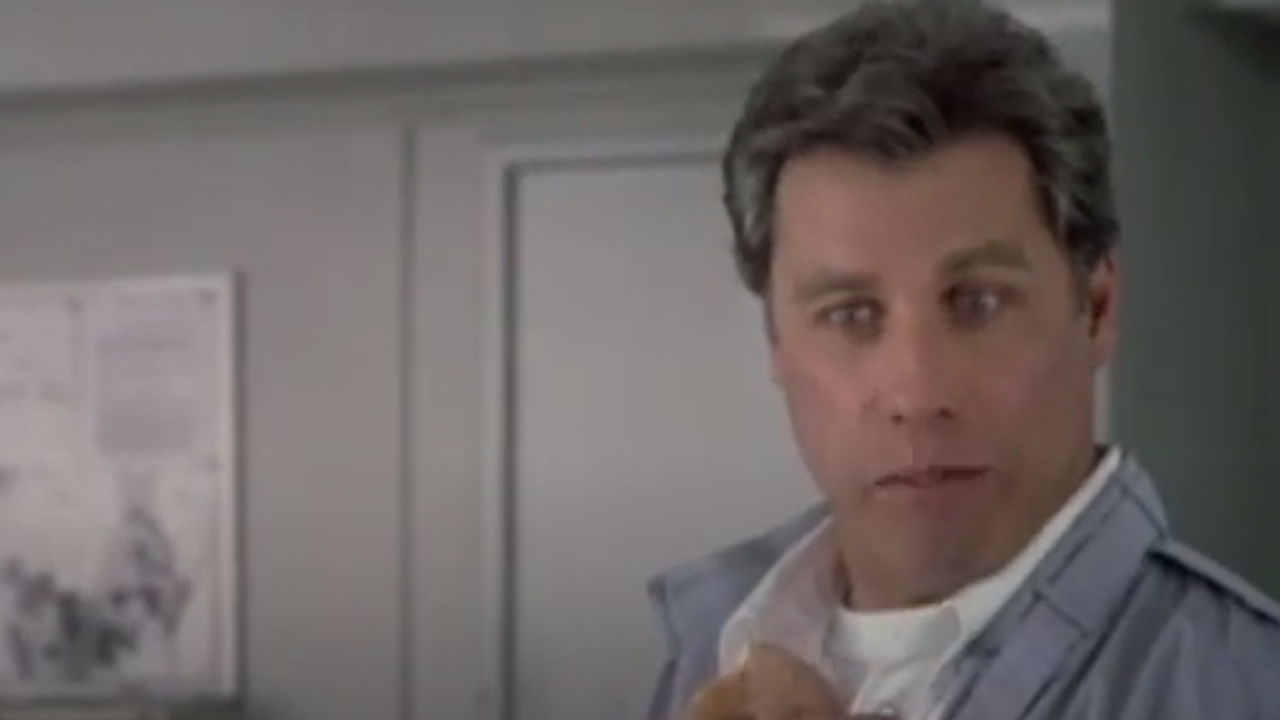
Primary Colors
In one of his finest performances John Travolta plays Bill Clinton…er…Jack Stanton in Primary Colors. Based on a semi-true book by Joe Klein about Bill Clinton’s ’92 campaign, Travolta is fantastic as the Clinton-esque Stanton.
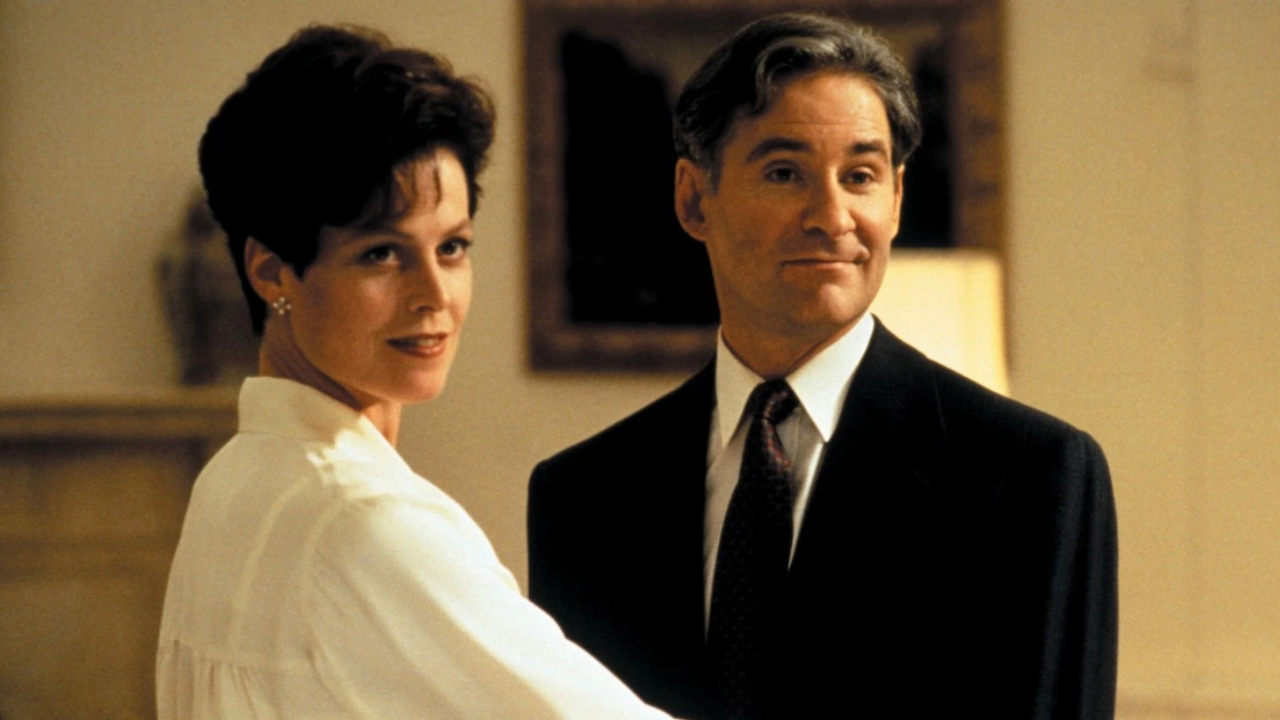
Dave
Back in the day, I stumbled upon a fascinating twist: it wasn’t just Dave that swapped places with a deceased president on the big screen. Five years prior to Dave, Richard Dreyfus graced our screens with a film titled Moon Over Parador, which followed a remarkably similar plotline. Both movies are top-notch, but given Dave’s focus on the American commander-in-chief, it deserves center stage here.
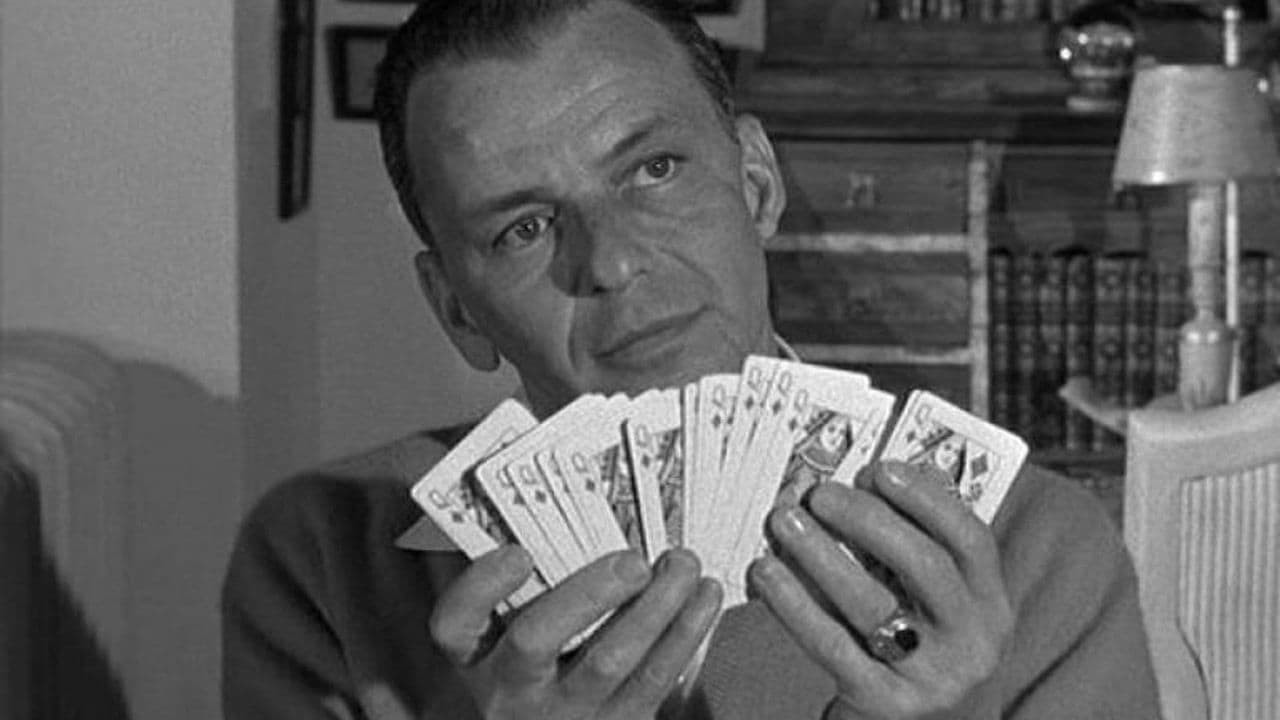
The Manchurian Candidate
Frank Sinatra delivered one of his finest performances in the movie “The Manchurian Candidate,” arguably his best role and most notable film. The storyline centers around Lawrence Harvey’s character, an army sergeant, and Sinatra’s character, an army major, who are captured by the Chinese during the Korean War. Upon their return, Harvey appears altered in some way, but we won’t reveal that here to preserve the surprise; suffice it to say that the movie is well worth watching.
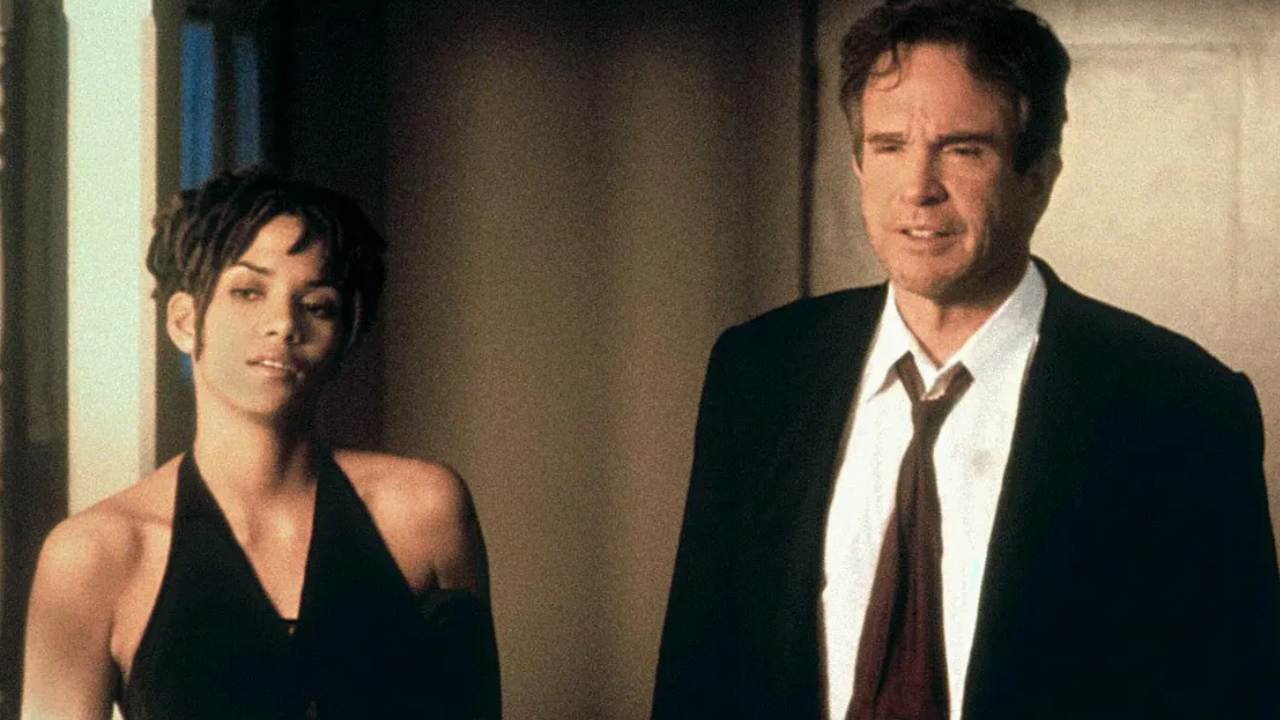
Bulworth
Warren Beatty, the creator behind it, starred in and directed the film “Bulworth” – a political satire that, remarkably, still resonates powerfully over 25 years after its debut. It offers a biting critique on campaign finance and the extreme measures politicians must take to secure re-election funds.
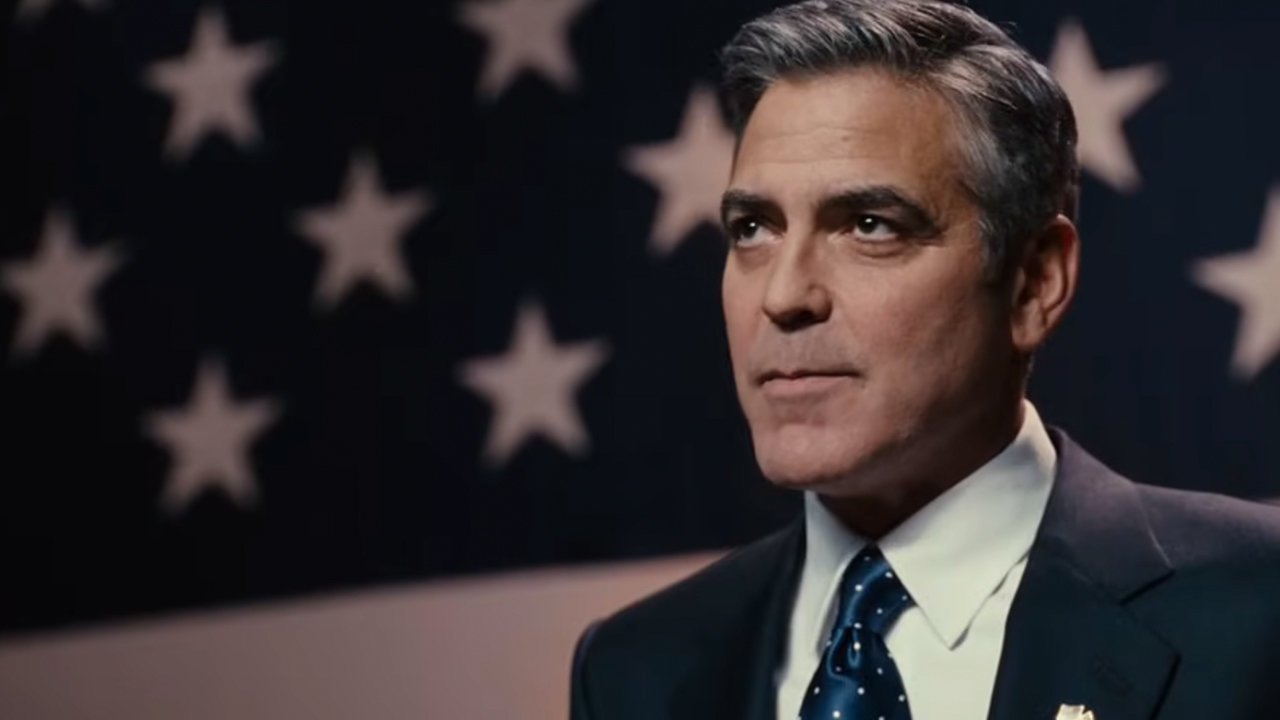
The Ides of March
As a gaming enthusiast, I’d put it this way: “In 2011, I stumbled upon ‘The Ides of March,’ an underappreciated political drama that feels straight out of the 60s. It’s not just about elections, but also a tangled love story in the heart of the campaign. If you’re into gripping political movies with top-notch acting, this one should be on your must-watch list.”
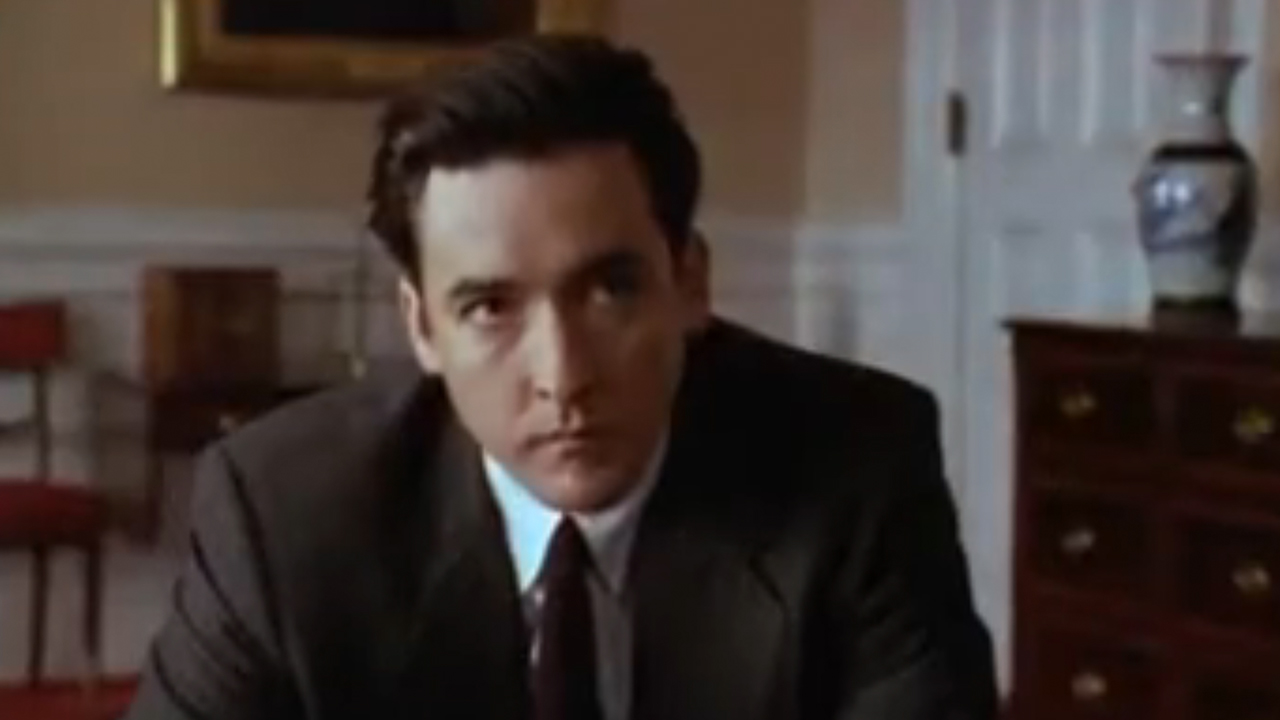
City Hall
1996 saw the release of “City Hall,” a film that made quite an impact. Al Pacino portrays the morally compromised mayor of New York City, while John Cusack plays his dedicated but idealistic aide. Despite its flaws, it stands out as one of the few films to delve into local politics and the corrupting influence within these power structures.
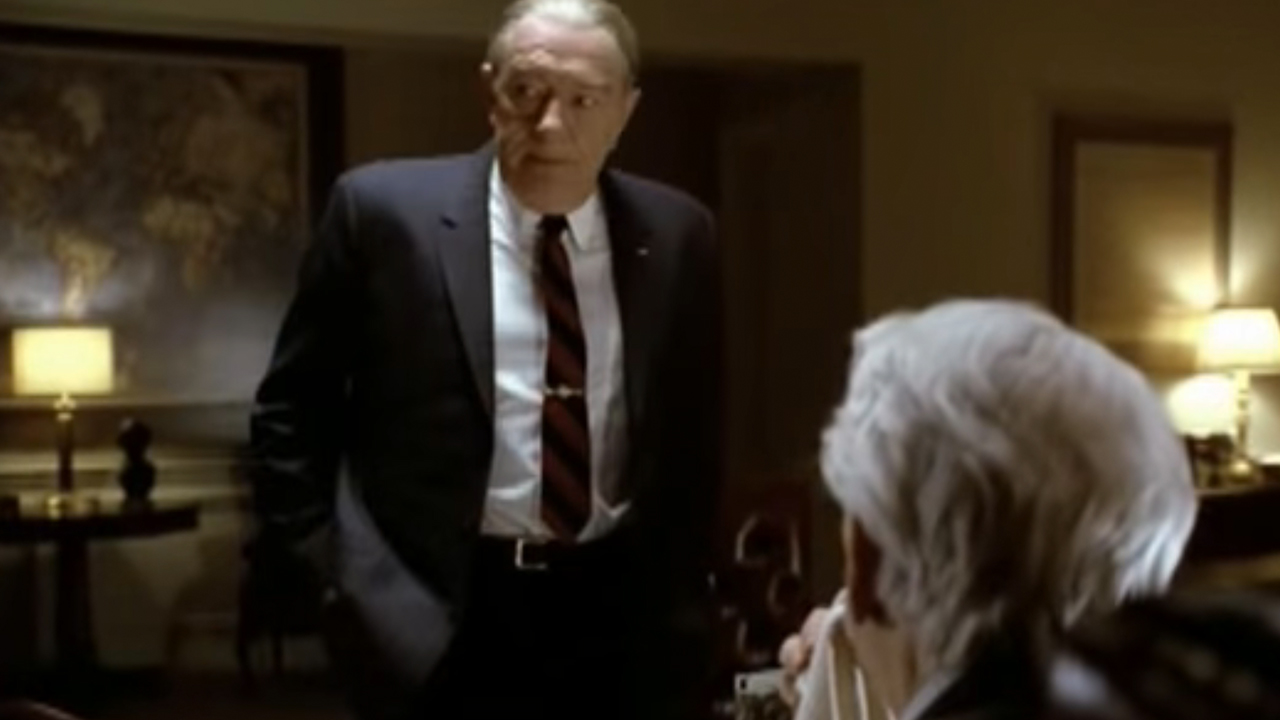
Path To War
Michael Gambon, portraying Lyndon Johnson in “Path To Way“, truly shines in his performance. Amidst a film centering around the agonizing choices made during the escalation of the Vietnam War, viewers can witness the turmoil etched on the president’s countenance as he navigates the war and its far-reaching impacts on people, while also gaining insights into Johnson’s true intentions as president.
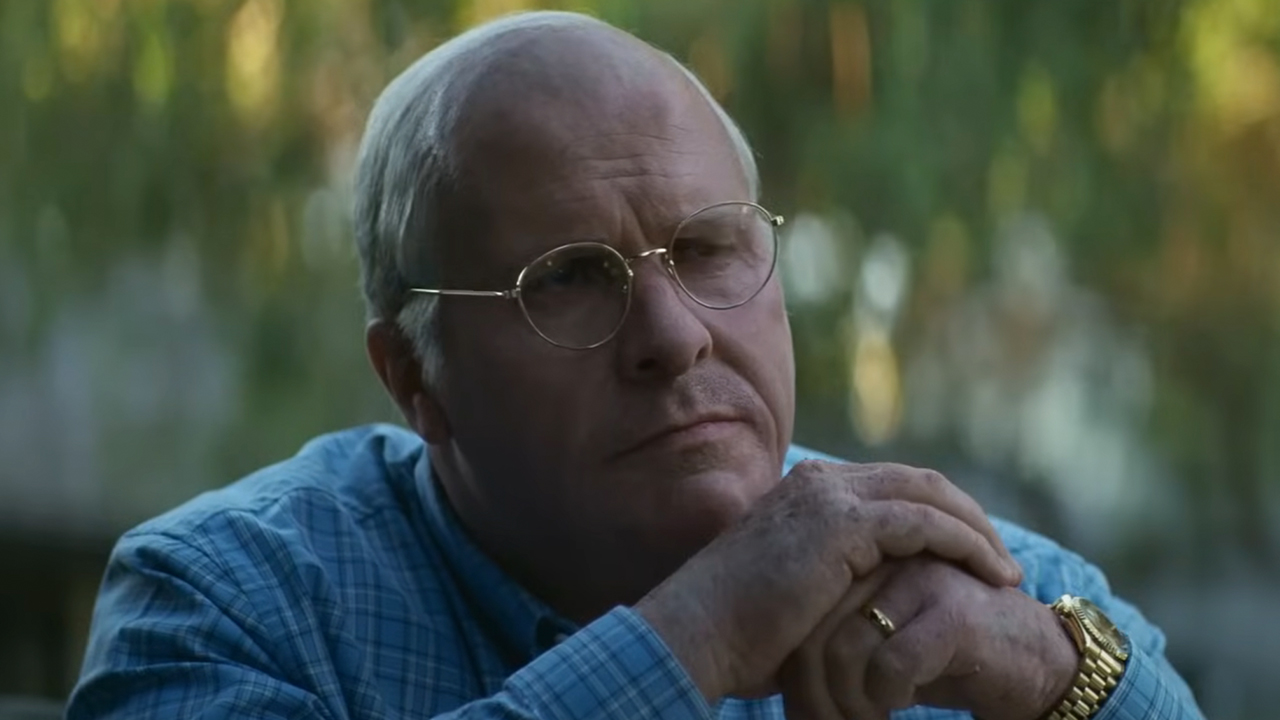
Vice
We generally excluded movies that are primarily biopics, focusing more on political films. However, an exception was made for the film “Vice“, which delves into the political machinations employed by Dick Cheney to secure his position as vice president under the George W. Bush administration. Moreover, it would be unwise to omit a movie that showcases such an outstanding performance by Christian Bale as the former VP.
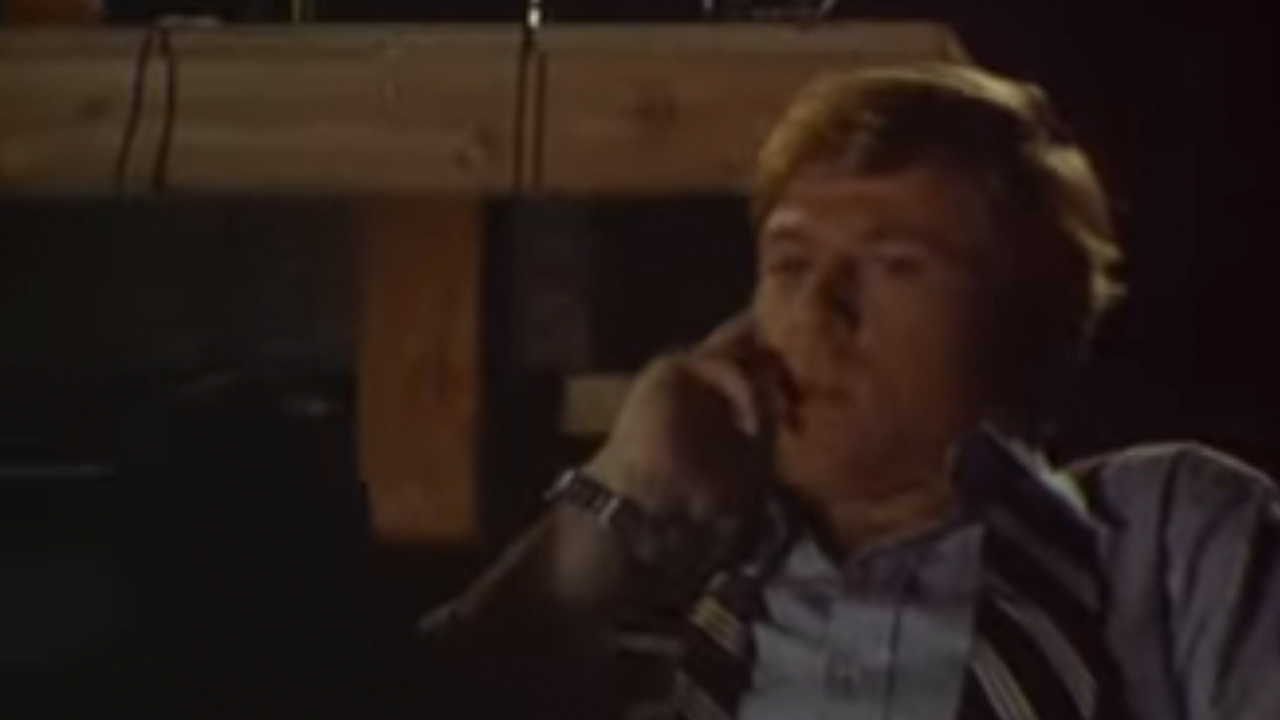
The Candidate
As a devoted admirer, I can express that Robert Redford shines in the film “The Candidate“, portraying an image of politics as we all aspire for it to be, yet seldom see in reality. It’s almost like a cinematic version of “The West Wing“, filled with idealism and optimism that real-life political scenes often lack.
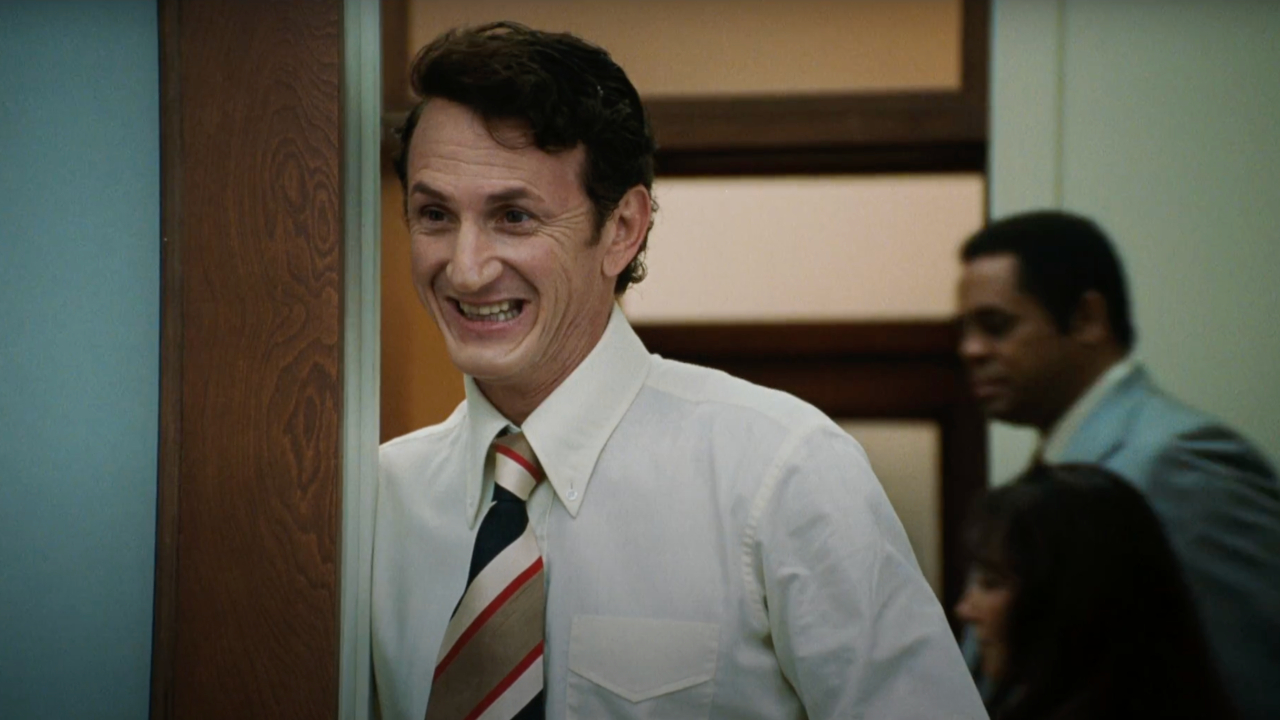
Milk
As a fervent admirer, I can’t help but acknowledge Harvey Milk’s groundbreaking role in advocating for the rights of the LGBTQ+ community within the United States. He made history as one of the earliest openly gay men to be elected to public office when he joined the San Francisco Board of Supervisors in 1978. Heartbreakingly, his term was cut short before it could even reach its end, with his assassination later that year. The film “Milk,” featuring Sean Penn as Harvey Milk, offers a poignant and uplifting portrayal of this remarkable story.
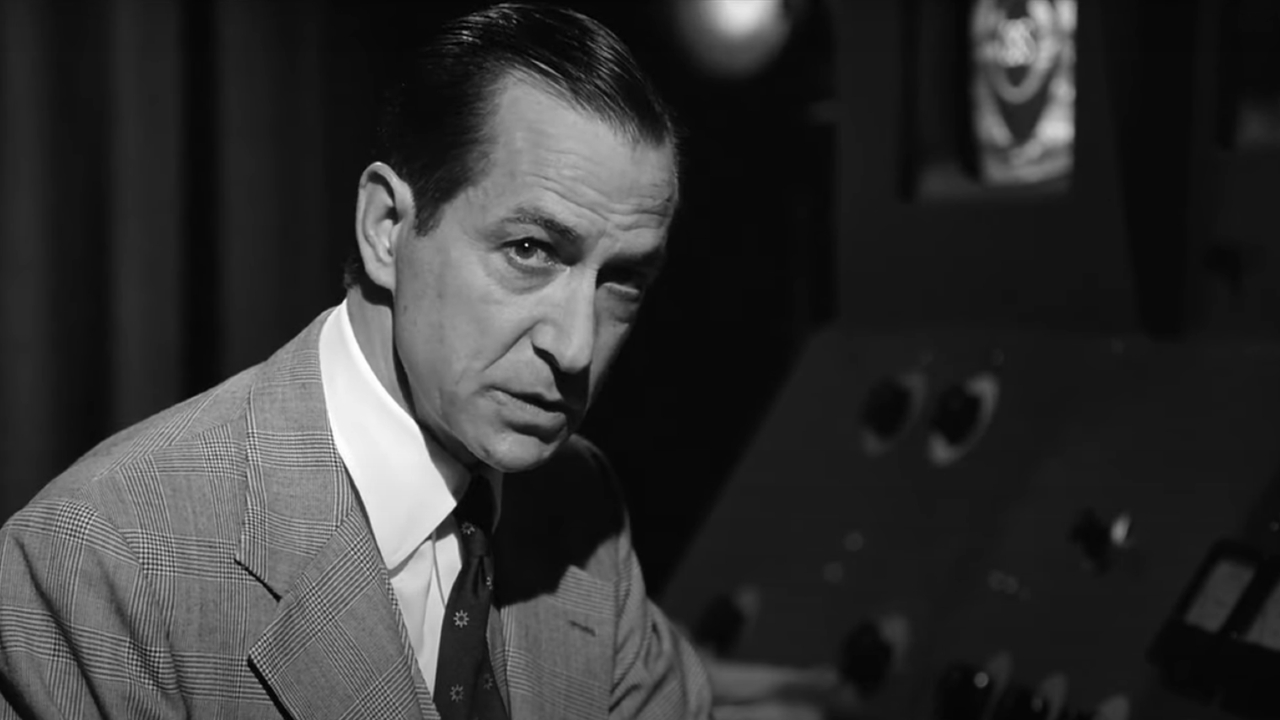
Good Night, And Good Luck
The film “Good Night, And Good Luck” delves into the pivotal part played by media in America’s public sphere, frequently called the “fourth estate.” This movie centers around Edward R. Murrow’s courageous confrontation with Senator Joseph McCarthy during the Red Scare of the 1950s, powerfully emphasizing the significance of a transparent and unbiased press.
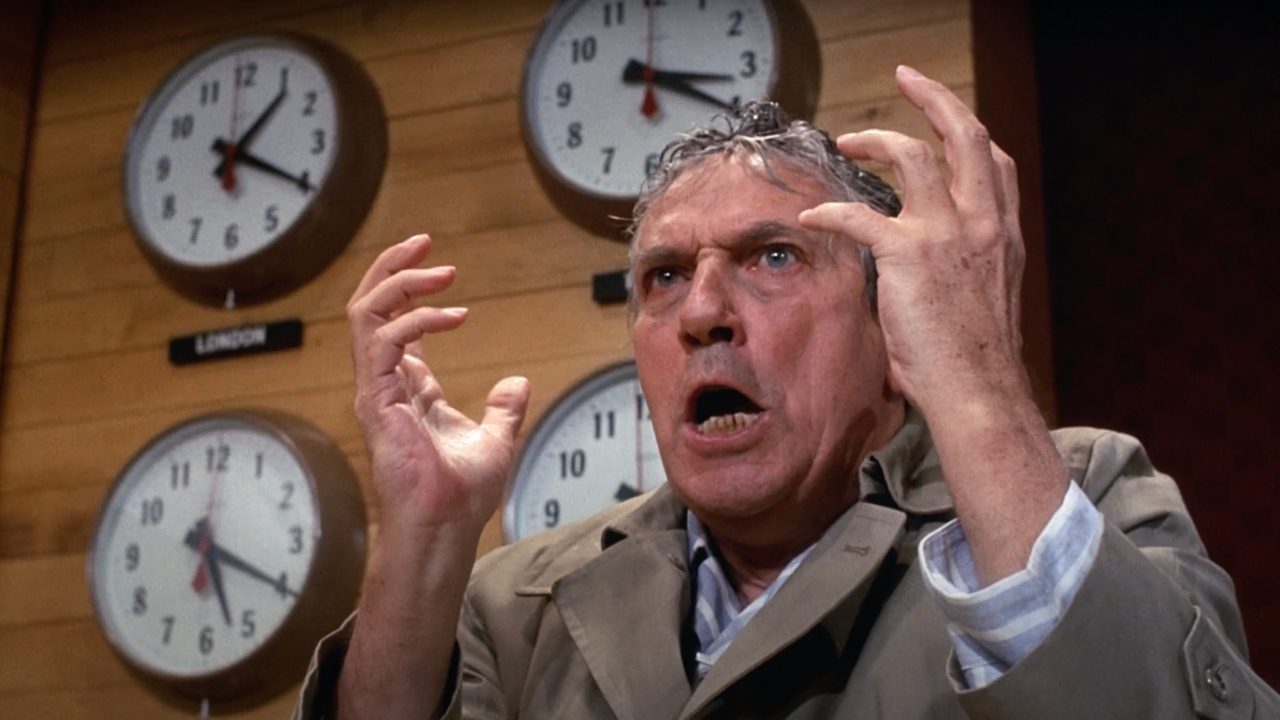
Network
All you need to know about how Network connects to politics is to watch Ned Beatty’s brilliant speech in the movie. “There is no America. There is no democracy. There is only IBM and ITT and AT&T and DuPont, Dow, Union Carbide, and Exxon. Those are the nations of the world today,” he bellows. 50 years later, and it still feels all too familiar.
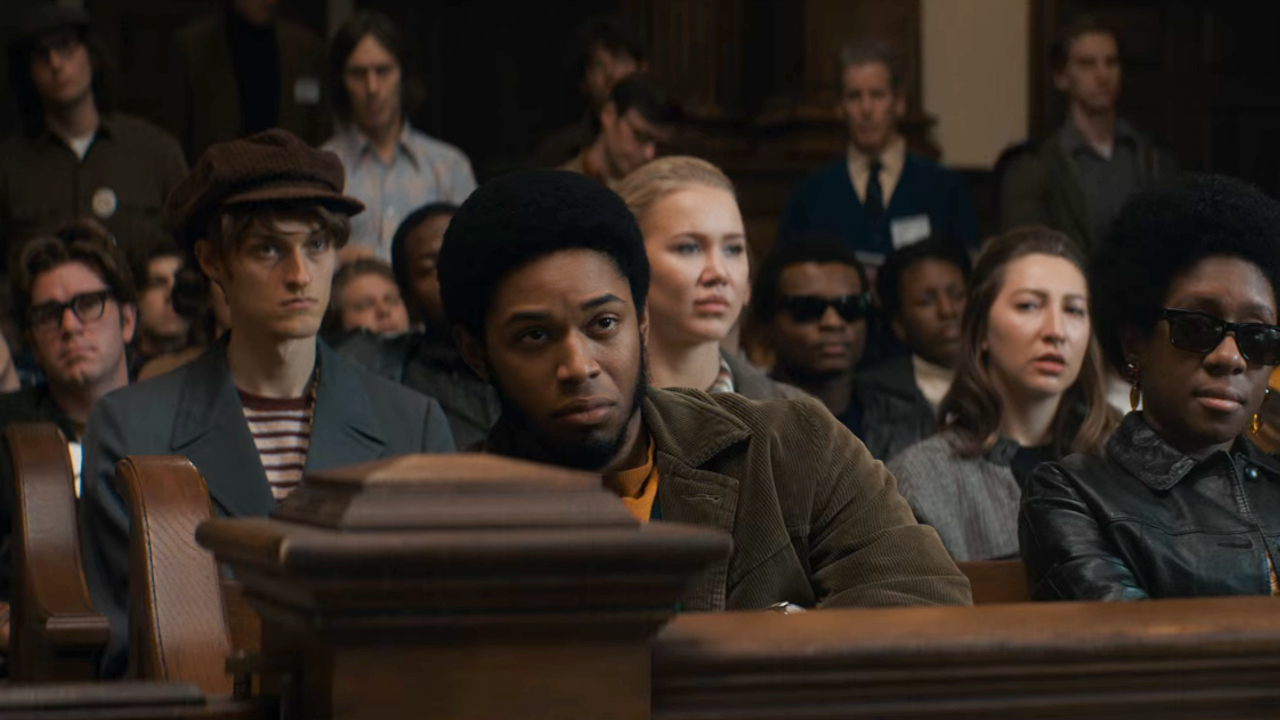
The Trial Of The Chicago 7
In essence, “The Trial of the Chicago 7” encompasses both a courtroom saga and a profoundly political narrative. Politics form the core of this trial, particularly the controversial handling of Bobby Seale, who plays a significant role in the movie’s plot.
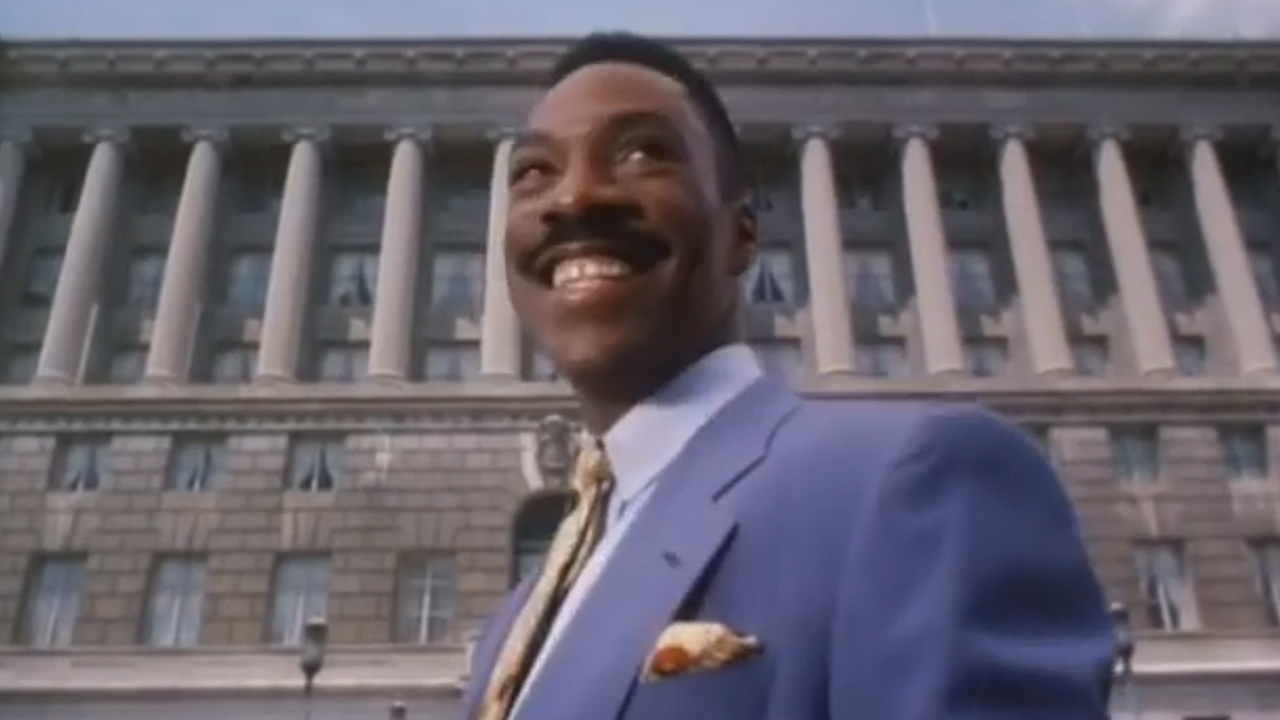
The Distinguished Gentleman
In the later stages of Eddie Murphy’s illustrious career, “The Distinguished Gentleman” was released. Compared to films like “Beverly Hills Cop” and “Trading Places,” it falls short, but it doesn’t entirely disappoint either. The movie offers some genuinely amusing scenes, and Murphy maintains his charisma as he portrays a swindler turned congressman.
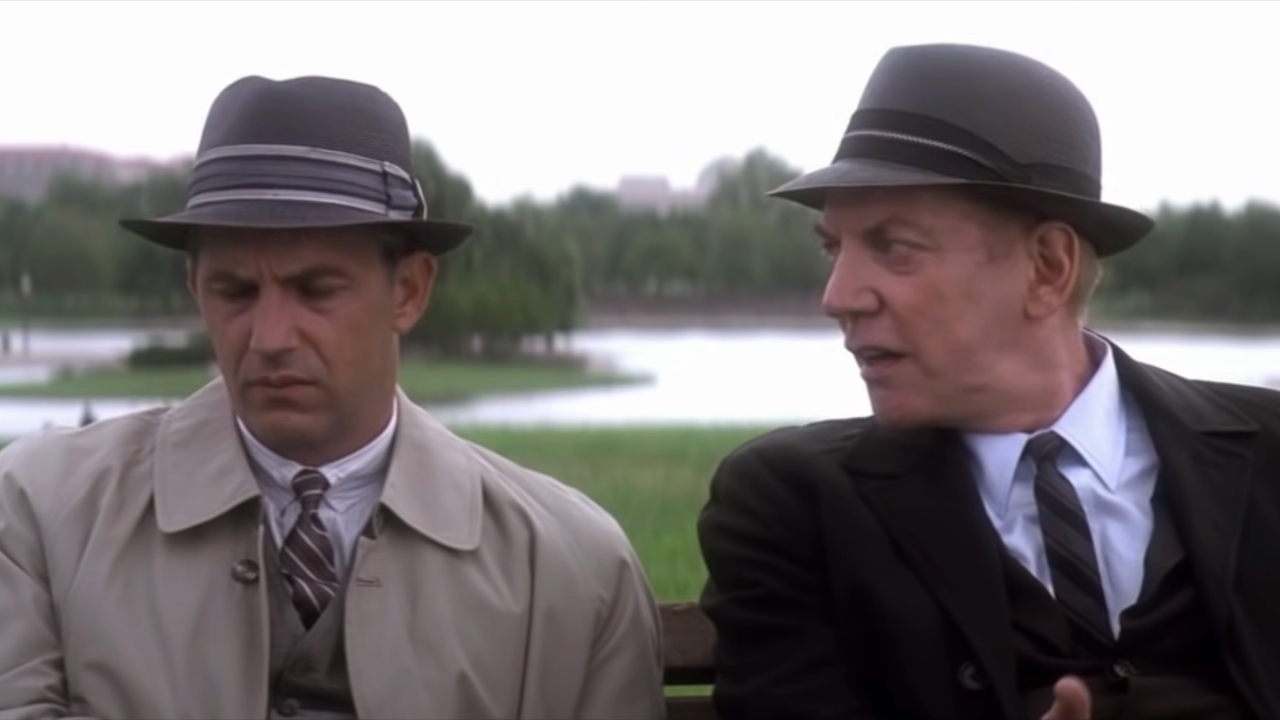
JFK
While JFK has its share of historical controversies, that doesn’t mean it’s a poor movie. Just be aware of what you’re stepping into. Despite the story being somewhat implausible, the stellar cast manages to carry it, making it an engaging watch, even if it isn’t historically precise.
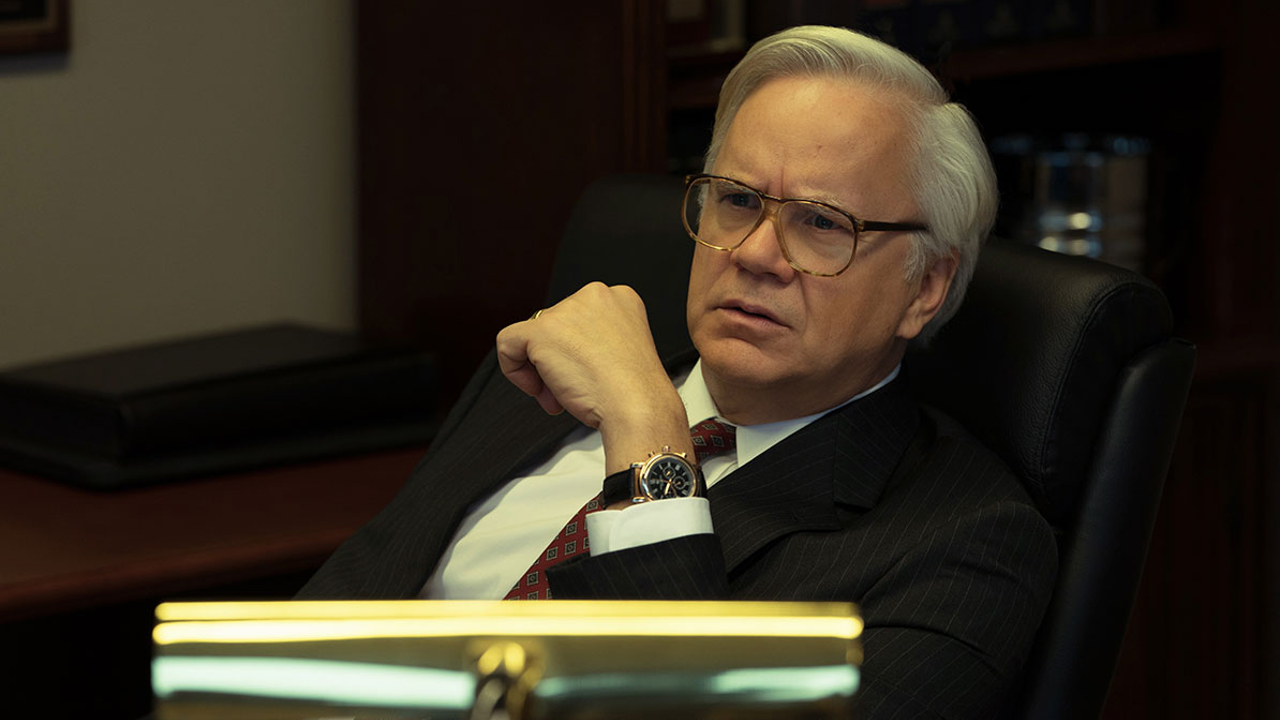
Dark Waters
Since the late 1900s, Ohio lawyer Robert Bilott has been battling DuPont over environmental pollutants in court for several decades. In the year 2019, director Todd Haynes dramatized his tale on the silver screen with Mark Ruffalo portraying the tenacious attorney. The film is a gripping portrayal of one man’s courageous stand against one of the world’s most influential corporations.
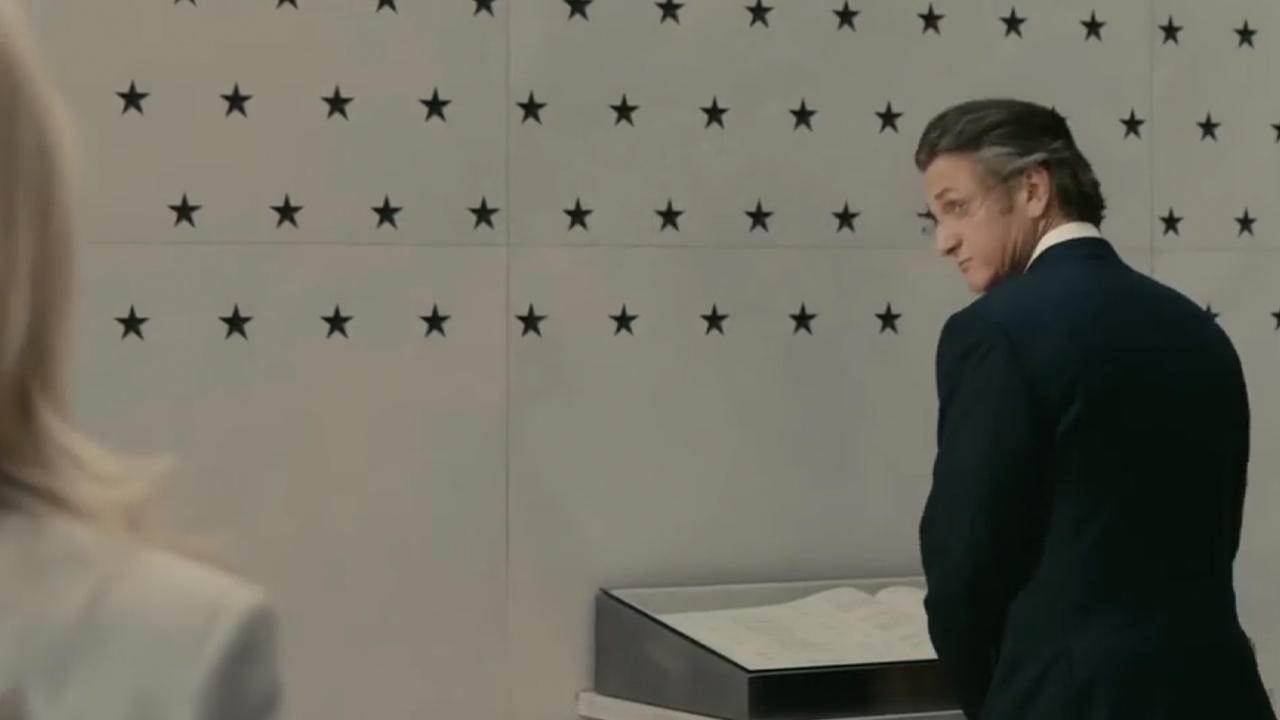
Fair Game
2003 saw the Valerie Plame scandal shake up Washington D.C., when Scooter Libby, chief of staff to Vice President Dick Cheney, and others exposed Plame as a CIA officer to the media. Later, Libby was found guilty of lying to investigators but was pardoned before the end of the Bush administration. The movie focuses on how Plame and her husband coped with the leak and its impact on their personal lives.
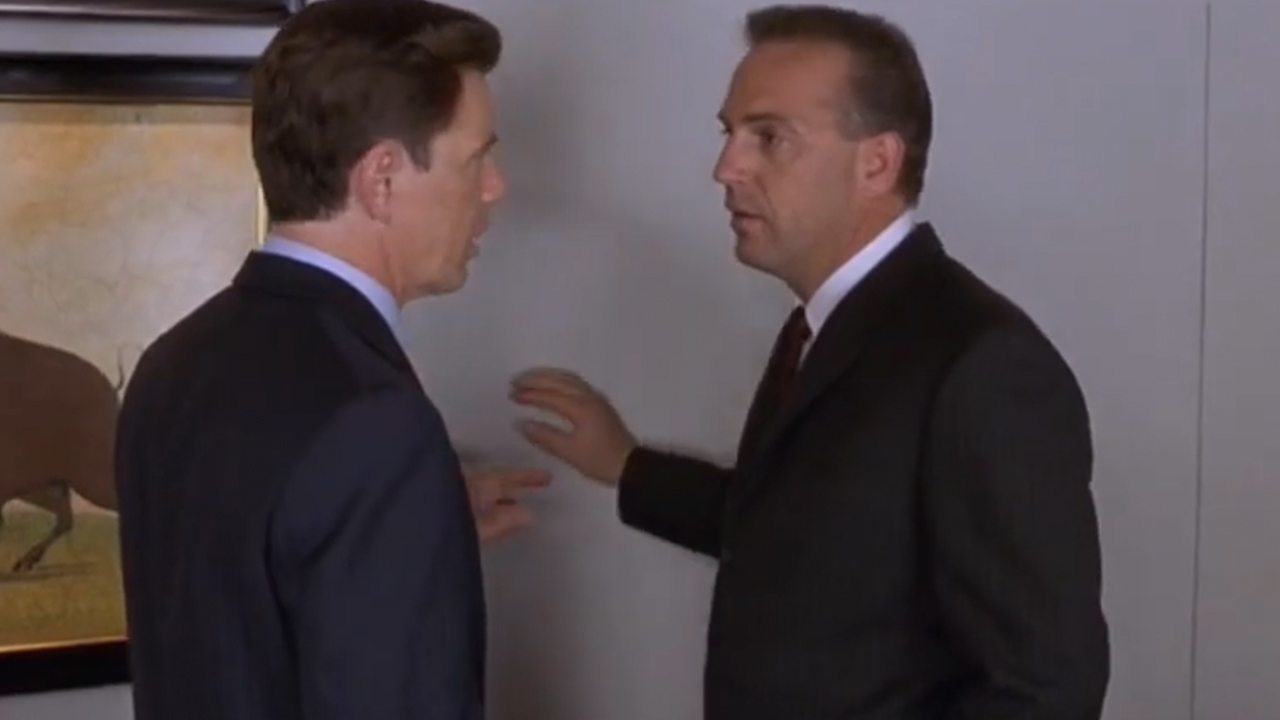
Thirteen Days
A film worth mentioning that takes some creative liberties with historical truths is “Thirteen Days,” focusing on John F. Kennedy’s management of the Cuban Missile Crisis. While the events and decision-making process depicted are generally accurate, the central character portrayed in the movie, Kenneth O’Donnell (played by Kevin Costner), had a much smaller role during the crisis than the film suggests.
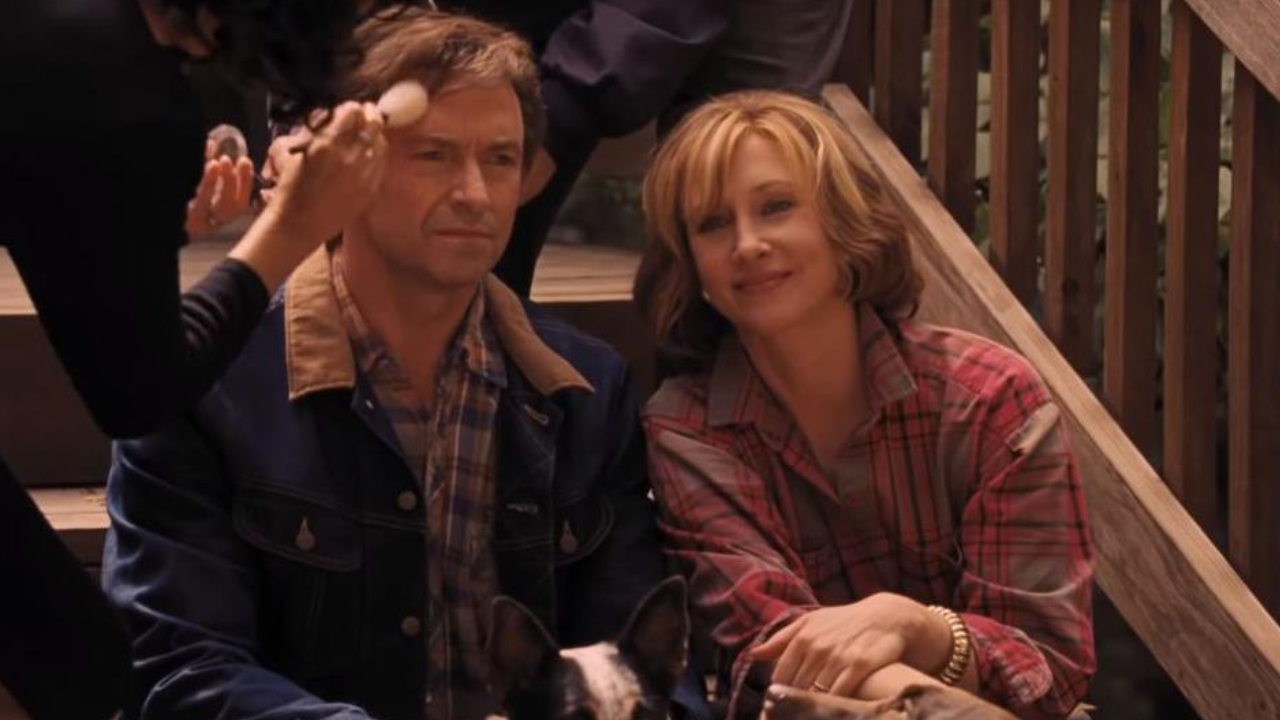
The Front Runner
The intrigue of the movie “The Front Runner” lies in how trivial the Gary Hart scandal appears in today’s context. Back in 1988, Gary Hart was a promising Democratic presidential candidate, leading the polls, until his campaign was derailed by revelations about an affair he had. In our current times, such news would barely make a stir.
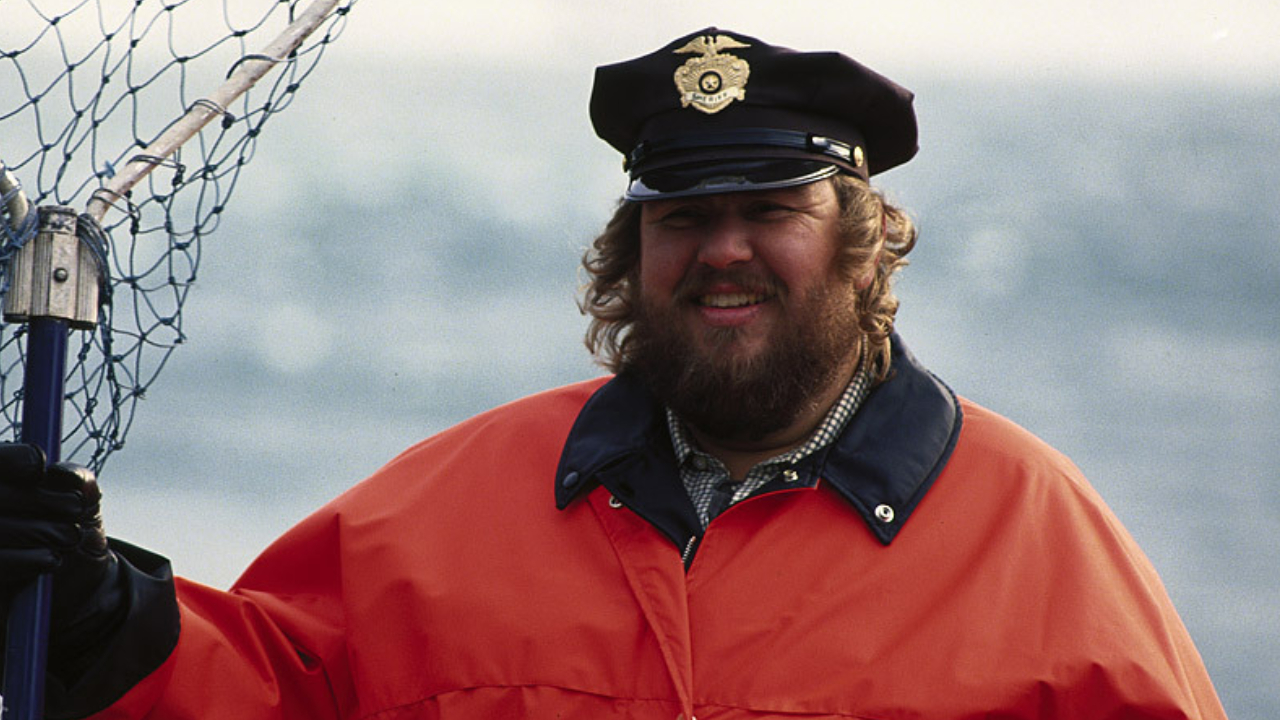
Canadian Bacon
Among all the flicks on this list, none has tickled my gaming spirit quite like this one. The zany comedy masterminded by Michael Moore takes a far-fetched look at how a war between the U.S. and Canada could ensue under the most preposterous circumstances. It’s sidesplittingly funny, delightful, foolish, and brainless in equal measure. If you haven’t caught it yet, I strongly advise you to do so – pronto. Or else, I might just conquer Toronto!
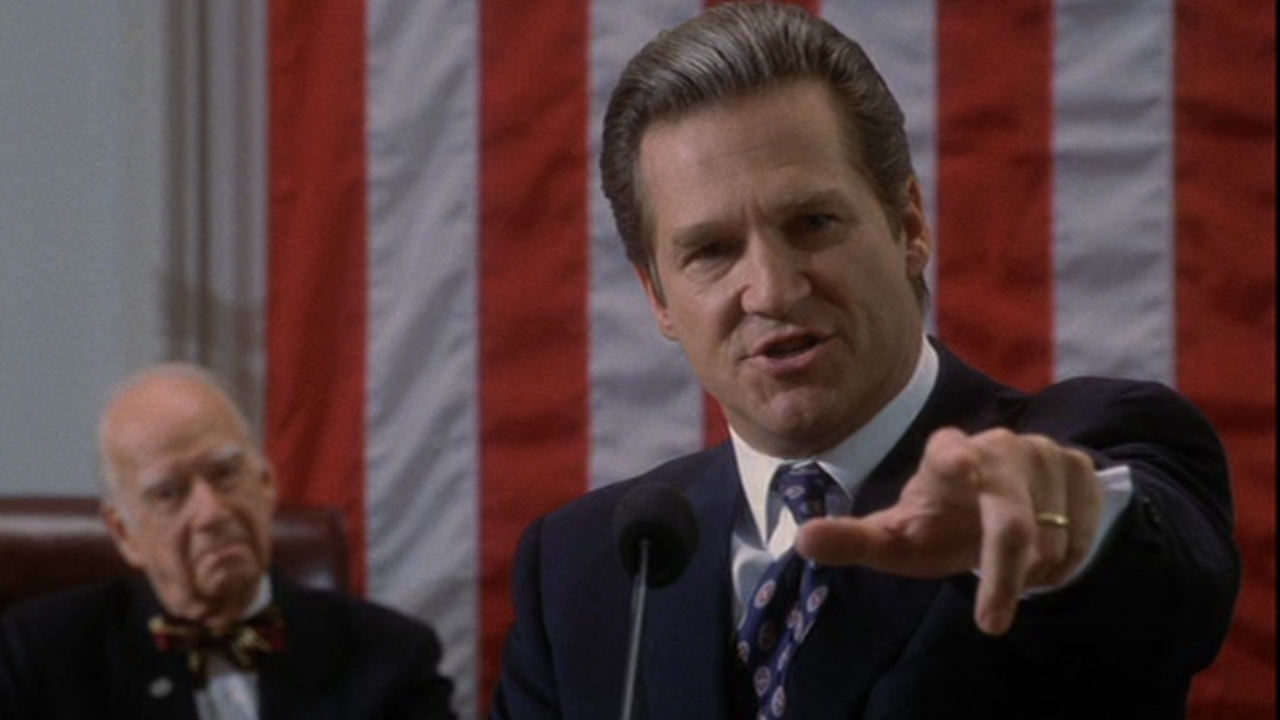
The Contender
Although “The Contender” didn’t perform well at the box office, don’t be deceived by its commercial failure. The 2000 film, featuring Gary Oldman and Jeff Bridges, offers a compelling portrayal of a President’s quest for a new vice president following the demise of the incumbent VP. It accurately depicts the selection process and presents genuine challenges that a real-life president might encounter in such a situation.
Read More
- Brent Oil Forecast
- USD MXN PREDICTION
- Silver Rate Forecast
- 10 Most Anticipated Anime of 2025
- USD JPY PREDICTION
- Pi Network (PI) Price Prediction for 2025
- USD CNY PREDICTION
- How to Watch 2025 NBA Draft Live Online Without Cable
- Gold Rate Forecast
- EUR CNY PREDICTION
2024-08-29 07:10